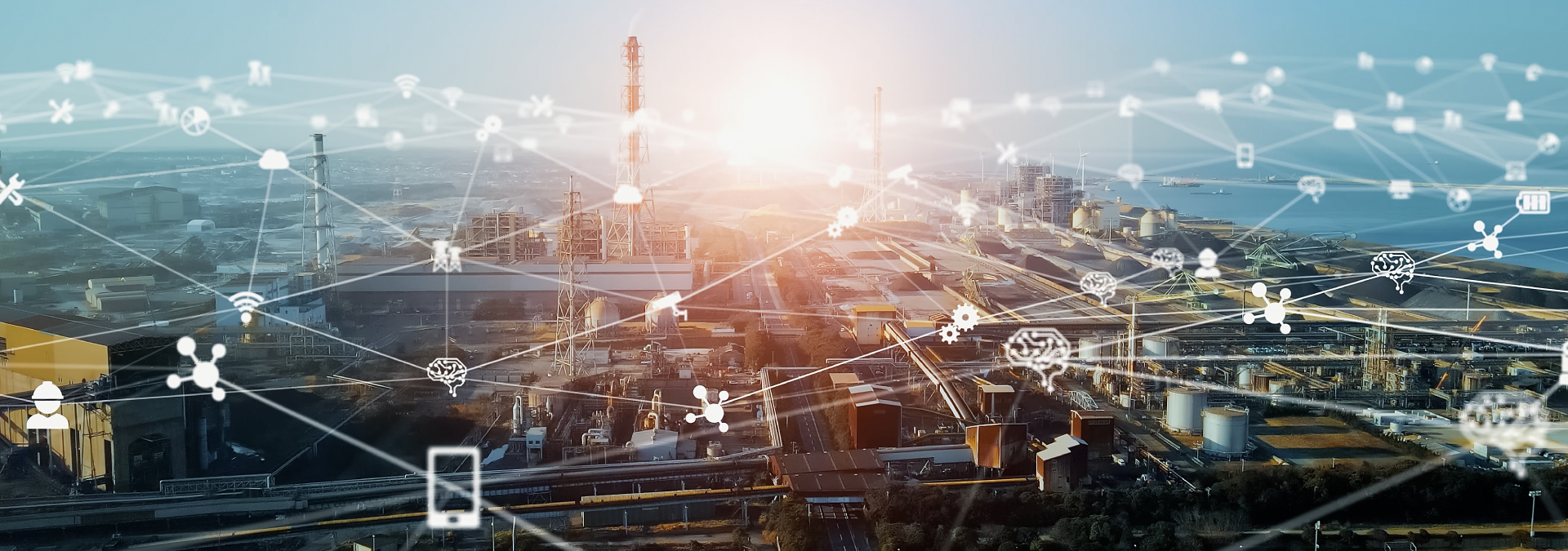
By 2050, the United Nations estimates that our planet will have nearly 9.8 billion inhabitants. More than two-thirds of the population will live in cities and the majority in metropolises with more than three million inhabitants. Due to the increasing urbanization of our planet, the Sustainable Development Goals set by the United Nations for 2030 are highly dependent on the evolution and adaptation of its metropolises.
Fortunately, disruptive technologies such as the Internet of Things, Big Data, and Artificial Intelligence have developed in tandem with the advancement of cities. Growing demand for integrating public-private services has contributed to developing technological solutions intended to create more efficient, safe, and sustainable cities.
"SONDA believes that big projects solve big problems. We have led Smart Cities projects in the region for more than ten years. The primary focus of our work has been to promote collaborative work between public and private organizations and the startup ecosystem. To develop solutions that improve people's quality of life in more sustainable and friendly cities", stated Maurizio Rinaldi, CEO SONDA USA.
Security depends on optimizing response times
Public and private organizations increasingly adopt technological solutions and tools incorporating knowledgeable systems. A smart city approach aims to prevent crime and make quick and appropriate decisions based on the type of incident.
SONDA's collaboration with the Municipality of Las Condes aims to resolve ailments affecting neighbors in the commune. "Besides neighbors offering their experience in the sector, this project allows us to identify vulnerable points and implement technology through intelligent cameras," said Maurizio Rinaldi, CEO SONDA USA.
The key lies in data integration
Ciudad Segura in Uruguay is one of SONDA's emblematic security projects in South America. This project has operated for ten years in collaboration with SONDA and Uruguay's Department of Interior.
As a result of this solution, there's more control over vehicles in their circulation. The system collects data on vehicle license plates at strategic points throughout the city. It analyzes and centralizes it in real-time for more efficient man.
Latest news
Digital Services
Service Desk
What Is a Modern Digital Service Desk? How Leading Enterprises Are Redefining IT Support (2026)
Enterprises operate in more complex digital environments. Hybrid work, distributed operations, and an increasing reliance on digital services have placed unprecedented pressure on IT teams, who struggle to handle today’s scale, speed, and expectations.
Investors
News
SONDA ends 2025 with higher revenues, more commercial contracts awarded, and an increase in its pipeline
The company recorded consolidated revenues of US$ 1,592 million (+2.6%), commercial closings of US$ 1,746 million (+8.4%) and a pipeline of US$ 6,026 million (+13.6%). This increase in commercial results is a consequence to the execution of the strategic plan and the progress of planning focused on value solutions, with high replicability in all markets
Cybersecurity
Anatomy of a Cyber Attack: How Threat and Vulnerability Detection Prevent Data Breaches
Modern cyber attacks follow structured, multi-stage processes designed to exploit technical and human weaknesses across complex enterprise environments. Understanding how these attacks unfold—and how early threat and vulnerability detection can interrupt them—is essential for preventing data breaches, reducing attacker dwell time, and strengthening long-term cybersecurity resilience.
